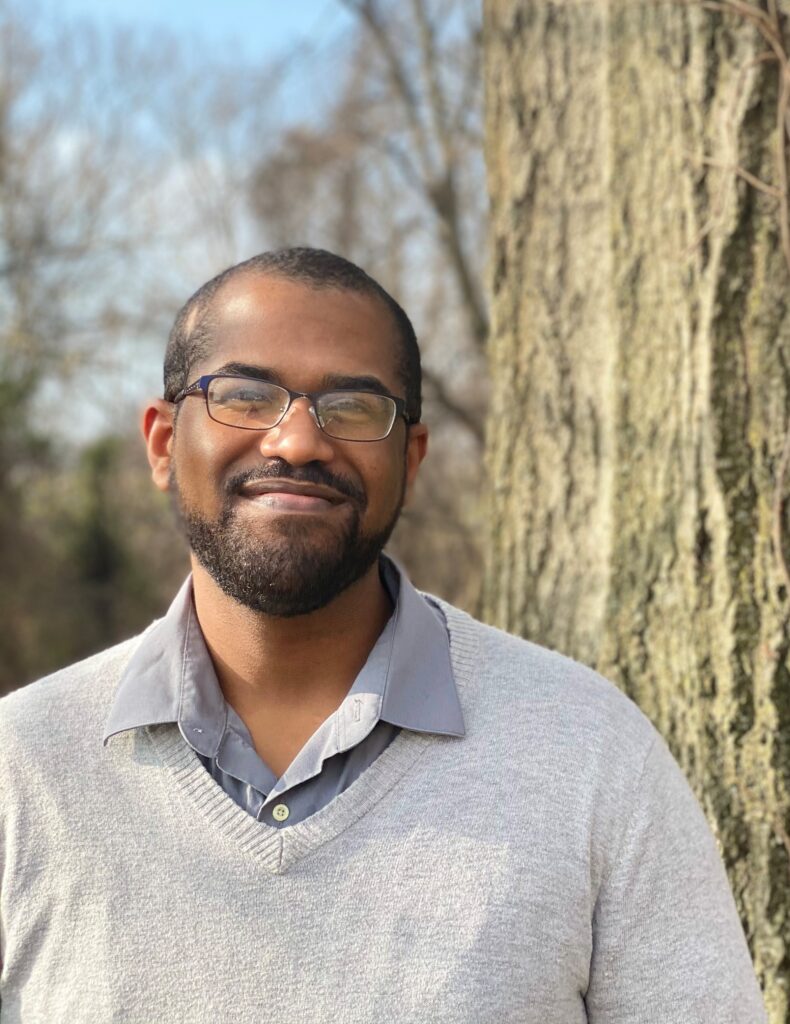The Phoenix Trauma Center’s mission is to provide quality services to our clients and high quality education for professionals. We are invested in training the best experiential trauma therapists in the field. Our internship program allows us to fulfill both parts of our mission while also providing financially accessible services. We receive a dozen or two internship requests each year and carefully choose graduate-level interns that already have experience, training, or other advanced knowledge related to our work. You can trust that you will experience excellent quality clinical services provided by Phoenix Trauma Center interns.
Our interns receive regular training and weekly supervision from our director Dr. Scott Giacomucci, DSW, LCSW, BCD, FAAETS, PAT. Interns also receive weekly supervision from an additional therapist at the Phoenix Center – in addition to supervision provided by their university program (professors and field placement liaison). They participate in regular trainings and professional development to increase their understanding and expertise of trauma. Our interns support our therapists co-leading psychotherapy groups and are engaged in leading their own free or low-cost community groups.
Intern’s sessions start at $75 (with a very flexible sliding scale)
Contact us to secure your spot – [email protected] 484-440-9416
Learn About Our Graduate Intern Therapists
It is also important to note that our interns are only with us for about a year and may or may not stay with us upon graduate. This means that your intern therapist may need to end sessions with you when they graduate and/or you may need to begin working with a different intern at that time.
Benefits of Working with an Intern
As noted, by our friends at Spilove Psychotherapy, there are many benefits to working with a graduate intern which include lower-costs, receiving the expertise of multiple supervising therapists, the benefits of ‘beginner’s mind’, increased passion, and up-to-date practice standards.
Lower-Cost Therapy Sessions – Our interns are all masters-level students towards the end of their programs and getting ready to enter the field. Nevertheless, their session fees are half or one-third of what other therapists charge; and they can be very flexible with their sliding scales.
Receiving the Expertise of Multiple Supervising Therapists – All interns are receiving supervision, training, teaching, and oversight from multiple experienced therapists. This includes weekly supervision with Phoenix Center’s director and another therapists from our center – as well as oversight and/or teaching from multiple professors and a field placement liaison from their university graduate program. Most interns are actively engaged in more reflection, training, supervision, and professional development than other professionals who have already graduated. This means that your intern therapist is spending hours each week reading, writing, reflecting, discussing, and reviewing their work – actively trying to be the best that they can be.
The Benefits of ‘Beginner’s Mind’ – Though many of our intern therapists have experience in the mental health field already or have years of experience in another field, they are starting a new chapter in their professional journey and becoming a therapist. Interns are just starting out so they aren’t just going through the motions of being a therapist. Interns are exploding with curiosity, excitement, passion, and creativity!
Increased Passion and Energy – Interns aren’t weighted down by years of vicarious trauma or burnout that sometimes impact experienced therapists. Instead, intern therapists are bringing new energy, spontaneity, and passion into their work each day. They are excited to begin a new career that they have been preparing for and eager to offer the compassion, connection, and validation that you might be craving.
State-of-the-Art Practice Standards – Graduate students are actively engaged in intense learning through reading, discussions, reflection, and supervised practice. Our field is evolving rapidly (especially with new research findings related to trauma and the brain). Most therapists in PA are only required to completed 15 hours of continuing education each year which simply isn’t enough to stay current on all the new findings in the field. Graduate students however, are learning state-of-the-art practice standards. Intern therapists are enter the field while continuing to pursue rigorous studies providing current information about the practice of psychotherapy.
Are you interested in interning at the Phoenix Center?
Our interns are able to provide quality service at a low cost. This is an opportunity to grow together! Our center understands the need for quality services and the financial difficulties some may have accessing services. Our internship program allow us to bring our clients low-cost trauma therapy services.
Please note, this is a very competitive internship program accepting final-year graduate students only. We are receiving an increased number of internship requests each year. Those with prior training and experience in experiential therapy, trauma therapy, and personal growth work will be given priority. Furthermore, we will prioritize interns who share our goal of making quality trauma therapy services accessible to diverse communities.
We strongly encourage Black, Indigenous, People of Color, LGBTQIA+, and bilingual people to apply.
To apply for an internship placement, send the following to [email protected]:
- Updated resume/CV
- Include all related experience/training in trauma, addictions, and experiential work
- Cover letter detailing how your interests align with our work
- 2 professional references who would be familiar with your work (1 must be from a field supervisor)




